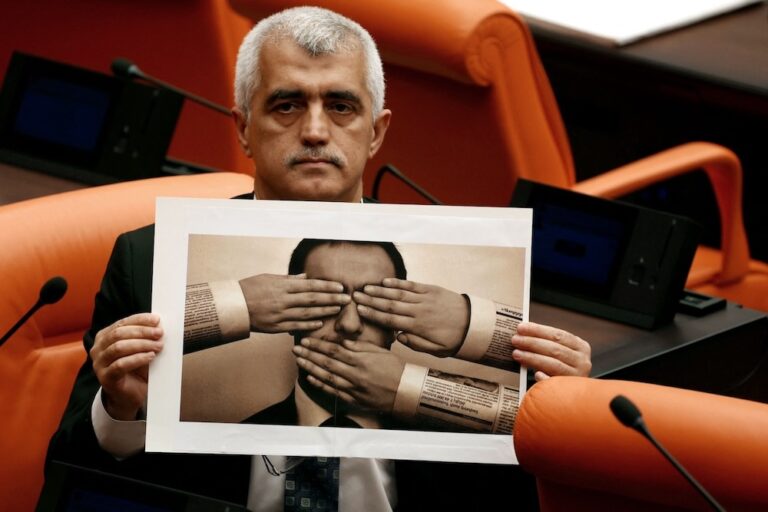The ban on YouTube and Google was recently extended and subsequently included Google services such as e-mail, documents, calendars and translation services.
(BIANET/IFEX) – 24 June 2010 – The Organization for Security and Co-operation in Europe (OSCE) has urged the Turkish government to lift its ban on Google and related internet services. The OSCE called on Turkey to align its internet laws to comply with international standards.
In a letter sent by Dunja Mijatovic, the OSCE Representative on Freedom of the Media to Turkish Foreign Minister Ahmet Davutoğlu, she urged Turkish officials to remove obstacles that restrict Turkish citizens from participating in the global information society. She also called for the implementation of necessary reforms to Law 5651 on the Regulation of Publications on the Internet and Suppression of Crimes Committed by means of Such Publications.
Access to the video sharing site YouTube has been banned in Turkey for two years, based on the law relating to internet crimes. The access ban was recently renewed and subsequently included Google services such as e-mail, documentation, translation, calendars and other services as well.
In a joint statement published on 22 June, 36 institutions, organizations and initiatives, among them the Independent Communication Network (BİA) and its internet news site bianet, protested against the internet access ban imposed by the government and the judiciary.
The statement pointed to the fact that internet censorship violates freedom of thought and the right to access information and furthermore results in economic disadvantages. The organizations demanded that Law 5651 be retracted.
According to the statement, the internet access ban breaches international agreements as well as the Turkish constitution. The organizations called for the Minister of Transport, Binali Yıldırım, to resign since he failed to implement the necessary measures.
The government has claimed that the ban is in place for tax reasons, because Google has not opened an office in Turkey and therefore avoids paying taxes. Internet access bans are implemented by the Telecommunication Communication Presidency (TİB), which has recently stopped publishing a list of banned sites and the reasons for the bans.


